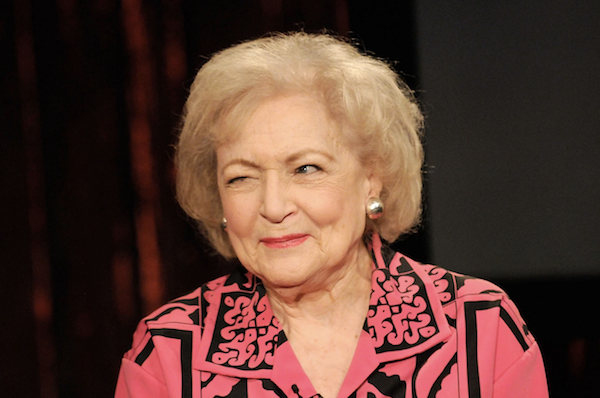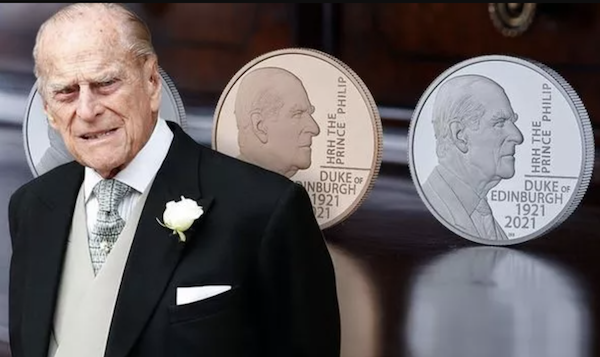
(quote)
Tony Bennett, legendary singer and master of the American songbook, dies at 96 “I’ve never worked a day in my life,” Tony Bennett told USA TODAY in 2011, “because I love what I do.” The great singer cited that bit of Confucian wisdom often. In a career spanning more than six decades, Bennett conveyed that joy and inspired it in others.
Bennett died Friday at age 96, just two weeks short of his birthday. No vocalist celebrated the American songbook more energetically or prolifically than the man born Anthony Dominick Benedetto. Influenced by the jazz and pop icons who preceded him − none more than Frank Sinatra, but also Bing Crosby, Billie Holiday, Louis Armstrong and Jimmy Durante − Bennett wielded his lush, gleaming tenor with a distinct freshness and a sense of yearning that served him well in early hits such as “Rags to Riches” and his cover of “Stranger In Paradise” (both released in 1953), and his signature tune, “I Left My Heart In San Francisco.”
Anthony Dominick Benedetto (August 3, 1926 – July 21, 2023), known professionally as Tony Bennett, was an American singer. Bennett amassed many accolades, including 20 Grammy Awards, a Lifetime Achievement Award, and two Primetime Emmy Awards. He was named an NEA Jazz Master and a Kennedy Center Honoree and founded the Frank Sinatra School of the Arts in Astoria, Queens, New York. He sold more than 50 million records worldwide and earned a star on the Hollywood Walk of Fame.
Bennett broke the individual record for the longest run of a top-10 album on the Billboard 200 chart for any living artist; his first top-10 record was I Left My Heart in San Francisco in 1962. Bennett also broke the Guinness World Record for the oldest person to release an album of new material, at the age of 95 years and 60 days.
In February 2021, Bennett revealed that he had been diagnosed with Alzheimer’s disease in 2016.[5] Due to the slow progression of his illness, he continued to record, tour, and perform until his retirement from concerts due to physical challenges, which was announced after his final performances on August 3 and 5, 2021, at Radio City Music Hall.
Benedetto was drafted into the United States Army in November 1944, during the final stages of World War II. As March 1945 began, he joined the front line of what he would later describe as a “front-row seat in hell”. As the German Army was pushed back to its homeland, Benedetto and his company saw bitter fighting in cold winter conditions, often hunkering down in foxholes as German 88 mm guns fired on them. At the end of March, they crossed the Rhine and entered Germany, engaging in dangerous house-to-house, town-after-town fighting to clean out German soldiers; during the first week of April, they crossed the Kocher River, and by the end of the month reached the Danube. During his time in combat, Benedetto narrowly escaped death several times. The experience made him a pacifist; he would later write, “Anybody who thinks that war is romantic obviously hasn’t gone through one,” and later say, “It was a nightmare that’s permanent. I just said, ‘This is not life. This is not life.'” At the war’s conclusion he was involved in the liberation of the Kaufering concentration camp, a subcamp of Dachau, near Landsberg, where some American prisoners of war from the 63rd Division had also been held. He later wrote in his autobiography that “I saw things no human being should ever have to see.”
Bennett also had success as a painter, done under his real name of Anthony Benedetto, or just Benedetto. He followed up his childhood interest with professional training, work, and museum visits throughout his life. He sketched or painted every day, often of views out of hotel windows when he was on tour. He exhibited his work in numerous galleries around the world. He was chosen as the official artist for the 2001 Kentucky Derby, and was commissioned by the United Nations to do two paintings, including one for its fiftieth anniversary.
Regarding his choices in music, Bennett reiterated his artistic stance in a 2010 interview: “I’m not staying contemporary for the big record companies, I don’t follow the latest fashions. I never sing a song that’s badly written.”
He broke through as a crooner in the 1950s, revived his career in 1986, and teamed up with everyone from the Red Hot Chili Peppers to Lady Gaga.When he was 90 he told The New York Times, “I still insist that I can get better as I go along.”
To quote the title of his career-revitalizing 1986 album, Bennett devoted his nearly 70-year career to The Art of Excellence. One unfortunate album aside (1970’s Tony Bennett Sings the Great Hits of Today), Bennett refused to compromise his music by pandering to trends of the moment to appeal to younger audiences. “Just because disco is popular or rap, I was taught to just be myself and not to imitate what others are doing,” he told me in a 2011 interview to mark his 85th birthday. “Never do an inferior song. I look for definitive versions of songs like [those sung by] Frank Sinatra or Nat King Cole. They came from an era of nothing but the best quality and creative musicianship.”
Bennett recorded more than 70 albums, not including compilations. He is one of a few recording artists to have albums that have charted in each of seven decades. He was honored with 18 Grammys, including a Lifetime Achievement Award, and was nominated for 36. His 13 Grammys for Best Traditional Pop Vocal Album are the most in the category’s history. His most recent win was in 2015 for The Silver Lining: The Songs of Jerome Kern, which earned Best Traditional Pop Vocals honors.
Professionally and personally, the 1970s was a fallow decade for Bennett. His first marriage ended in divorce. Bennett co-founded his own record label, Improv Records and although the recordings were critically acclaimed, they did not sell and the label was short-lived, putting Bennett deeply in debt to the IRS. He struggled with drug addiction until a friend, who had previously managed comedian Lenny Bruce, said that Bennett had “sinned against his talent.” Bennett told Chris Cuomo in a 2011 interview on ABC-TV newsmagazine 20/20, “That one sentence just changed my life. It meant that I had to drop everything I was doing. I stopped all drugs completely.”
Danny Bennett, a son from Bennett’s first marriage, became his personal manager and engineered his father’s comeback and his return to Columbia. 1986’s The Art of Excellence was Bennett’s first album to reach the pop charts in 14 years. It began a spectacular string of critically-acclaimed and best-selling recordings that celebrated musical heroes (among them Bennett/Berlin, Perfectly Frank and Steppin’ Out, featuring songs popularized by dancer Fred Astaire, Bennett Sings Ellington: Hot and Cool and Here’s to the Ladies). Bennett is quoted: “I could have retired 16 years ago, but I just love what I’m doing.”
Smile
Music by Charles Chaplin, Lyrics by John Turner and Geoffrey Parsons
Smile, though your heart is aching
Smile, even though it’s breaking
When there are clouds in the sky
you’ll get by
If you smile through your fear and sorrow
Smile and maybe tomorrow
You’ll see the sun come shining through
for you
Light up your face with gladness
Hide every trace of sadness
Although a tear may be ever so near
That’s the time you must keep on trying
Smile what’s the use of crying
You’ll find that life is still worthwhile
If you’ll just
Smile
“Smile” is a song based on the theme song used in the soundtrack for Charlie Chaplin’s 1936 film Modern Times. Chaplin, who composed the song, was inspired by Puccini’s Tosca. Singer Michael Jackson often cited “Smile” as his favourite song and recorded it for his 1995 double album HIStory: Past, Present and Future, Book I.
(unquote)
Image courtesy AFF-USA / Rex / Shutterstock






